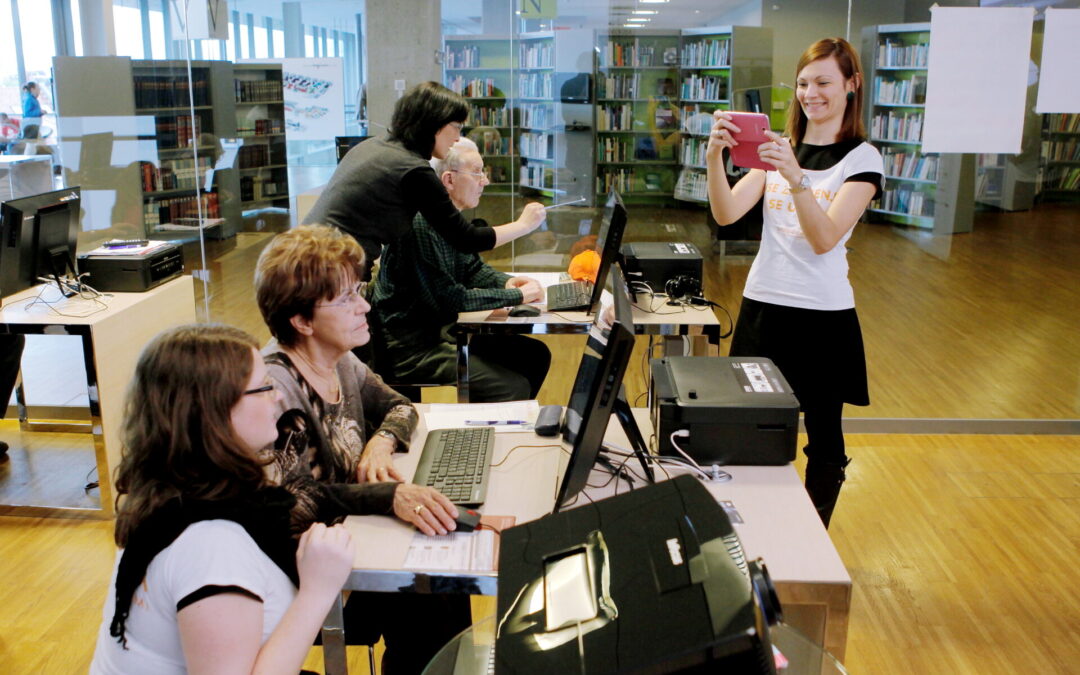Brussels/Ljubljana – Slovenia made great progress in e-government last year, the European Commission’s report on digitization in the EU finds. The challenge remains mainly improving the basic digital skills of the population and the lack of ICT professionals.
The European Commission’s analysis showed that Slovenia made great progress in e-government last year, especially with the implementation of the electronic identity card scheme and the high overall maturity of e-health.
Slovenia also has a high percentage of households with access to the fiber optic network. This was 78.5 percent, while the EU average was 64 percent.
However, challenges remain in improving the basic digital skills of the population. Slovenian companies, especially small and medium-sized ones, also lag behind in digitization and the introduction of advanced technologies such as cloud computing and artificial intelligence.
Slovenia is also facing a shortage of ICT professionals.
According to Brussels, Slovenia’s national plan for the digital decade shows that the targets for 14 key performance indicators are mostly in line with the EU’s ambitions for 2030. Slovenia intends to allocate 946 million euros or 1.5 percent of GDP to the digital transformation by the end of the decade, according to the European Commission’s analysis. (July 3)
 go to the original language article
go to the original language article
